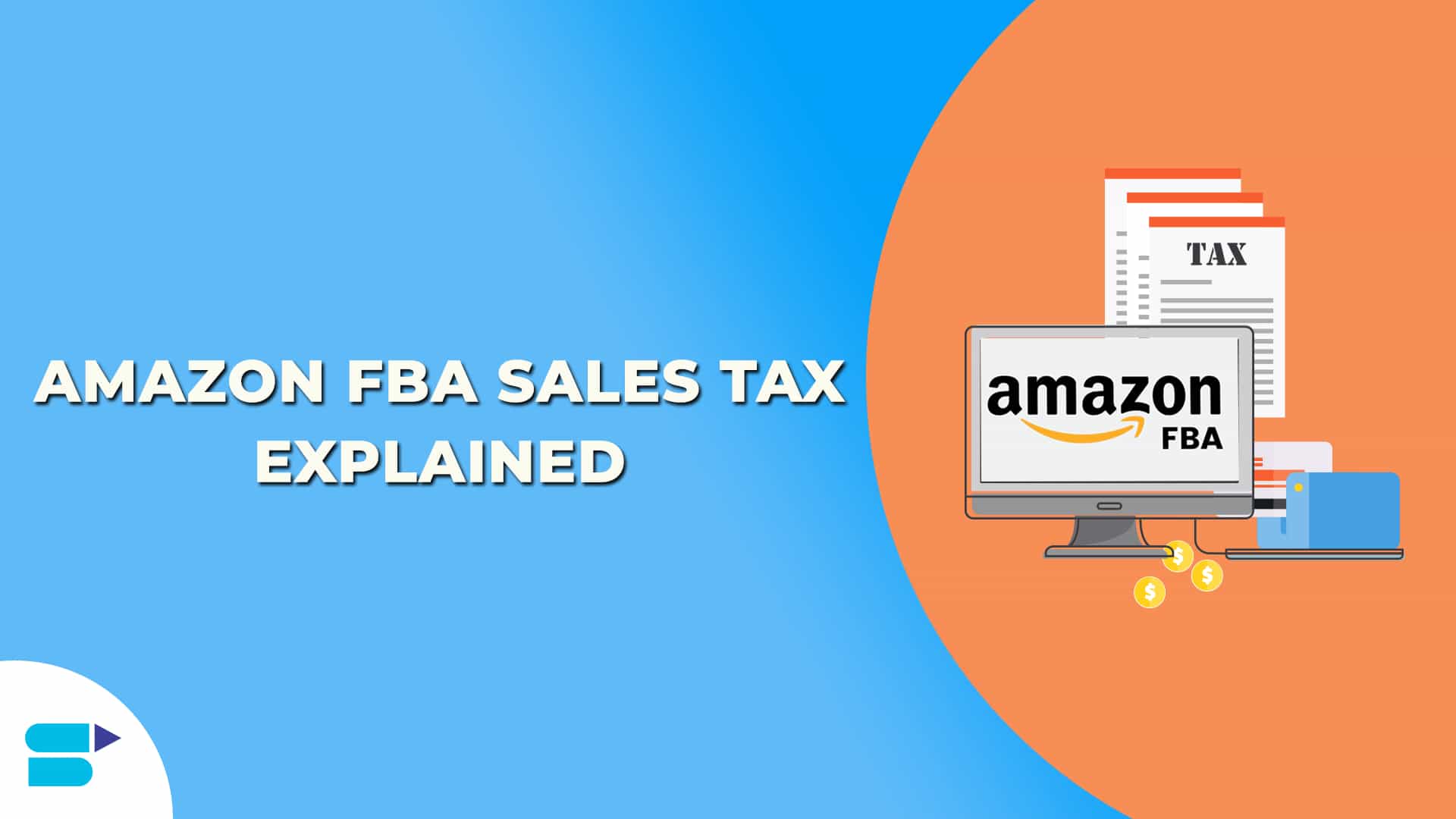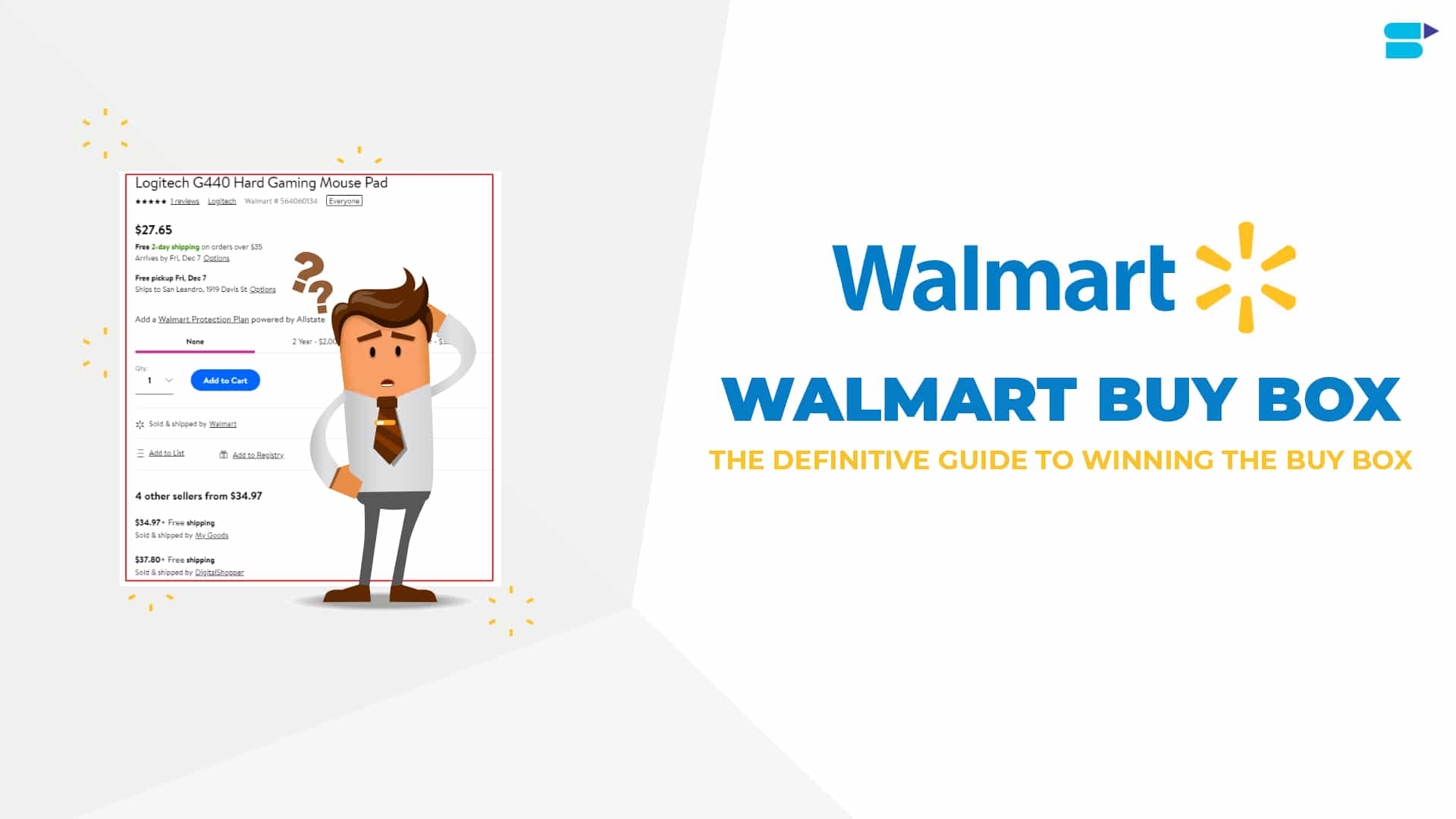Amazon FBA Inspection: A Comprehensive Guide

The process of selling on Amazon can be rewarding, but it can also be challenging.
One common problem faced by sellers is ensuring that their products meet Amazon’s strict standards for quality and packaging. This is where Amazon FBA Inspection comes in as the solution.
By conducting thorough product inspections before shipping products to Amazon’s warehouses, sellers can identify and fix any issues, ensuring smooth processing and avoiding costly rejections.
In this article, we’ll explore how Amazon FBA Inspection addresses this problem, helping sellers maintain compliance and succeed on Amazon.
Quick Guide
- What Is An FBA Inspection?
- Why Amazon FBA Inspection is important for Amazon sellers?
- What does an Amazon FBA Inspection service include?
- How the Amazon FBA Inspection is conducted?
- Benefits Of An FBA Inspection
- Amazon FBA Labeling and Packaging Guide
- Things to Include on Your Amazon FBA Inspection Checklist
- Final Thoughts
What Is An Amazon FBA Inspection?
Amazon FBA inspection is a process conducted by third-party companies at the end of production within the supply chain, ensuring products are properly packed and ready for shipment. Amazon has a detailed checklist that must be met before products can be listed in their store.
It is important to note that Amazon does not conduct these inspections. Instead, it is the responsibility of the seller to ensure their products comply with Amazon’s requirements.
Why is Amazon FBA Inspection Important for Amazon sellers?
Many companies struggle to meet Amazon’s strict FBA requirements, leading to product or batch rejections due to non-compliance. An Amazon FBA inspection ensures a smooth selling experience on the Amazon marketplace handling all necessary compliance checks.
There are several advantages to having your product inspected according to Amazon FBA standards:
- Adhering to Amazon’s inspection standards minimizes the risk of your products being rejected upon arrival at Amazon’s fulfillment centers. Rejections can lead to delays, increased costs, and logistical complications.
- Avoiding rejections and returns saves on additional shipping, handling, and storage costs. Inspections help ensure that your products are accepted on the first attempt, avoiding extra fees associated with reprocessing or correcting issues.
- Regular inspections help maintain a high level of product quality. Identifying and addressing issues before products reach the customer can improve your brand’s reputation and reduce return rates.
- Products that consistently meet quality and packaging standards are more likely to receive positive reviews and higher ratings. This can improve your product’s ranking on Amazon, leading to increased visibility and sales.
More info: Use These Product Packaging Tips to Sell More on Amazon
What Does an Amazon FBA Inspection Service Include?
An Amazon FBA inspection service is typically provided by third-party companies to ensure that products meet Amazon’s standards before being sent to Amazon’s fulfillment centers.
Here’s what such a service generally includes:
1.Physical Inspection
This involves examining the products to ensure they meet Amazon’s requirements for quality, labeling, and packaging. Inspectors check for any damage, defects, or discrepancies that might cause issues with customer satisfaction or Amazon’s fulfillment process.
2.Functionality Testing
For certain types of products, especially electronics or mechanical items, functionality testing may be conducted to ensure that the products work as intended. This can involve powering on devices, testing buttons, and switches, or checking for proper assembly.
3.Packaging Inspection
Amazon has specific packaging requirements to ensure that products arrive at the customer’s doorstep intact and undamaged. Inspectors verify that the packaging meets these requirements, including appropriate labeling, suffocation warnings (for plastic bags), and proper sealing.
4.Labeling Compliance
Products sold through Amazon FBA must have specific labels, including the FNSKU (Fulfillment Network Stock Keeping Unit) label, which is unique to each product and is used by Amazon for inventory tracking. Inspectors ensure that these labels are applied correctly and meet Amazon’s guidelines.
5.Documentation Review
Some inspection services also review documentation such as certificates of authenticity, safety certifications, or compliance documents to ensure that products meet legal and regulatory requirements.
6.Photographic Evidence
Inspectors often provide photographic evidence of the inspection process, including images of the products, packaging, and any issues found. This documentation can be useful for both sellers and Amazon in case of disputes or claims.
7.Repackaging or Relabeling
If any issues are identified during the inspection, the service may offer repackaging or relabeling services to bring the products into compliance with Amazon’s requirements.
The goal of an Amazon FBA inspection service is to help sellers ensure that their products meet Amazon’s standards, minimize the risk of receiving customer complaints or returns, and maintain a positive reputation on Amazon.
How is the Amazon FBA Inspection Conducted?
Third-party services send experienced inspectors to conduct Amazon FBA inspections at the end of your production phase. These inspectors will check your products for:
- Compliance with the quality standards specified in the FBA requirements.
- Packaging quality, ensuring it meets Amazon FBA standards.
- Proper labeling and markings on products, including FNSKU labels, suffocation warnings, carton labels, and more.
- Overall workmanship of the products.
- Accurate measurements, weights, and GSM as required by Amazon FBA regulations.
For all Amazon sellers, it is highly recommended to conduct Amazon FBA inspections before dispatching shipments.
Benefits Of An Amazon FBA Inspection
Although Amazon does not mandate pre-inspection of items before they enter their warehouse, investing in an Amazon FBA inspection can be highly beneficial, potentially saving you money and retaining customers in the long term.
Here are five key benefits of conducting an Amazon FBA inspection:
1.Ensure Amazon FBA Requirements are Met
Amazon FBA has specific standards for preparing and sending inventory to their fulfillment centers. An inspection ensures your products comply with these requirements, allowing you to maintain your business operations smoothly.
2.Fewer Defective Products
Items are inspected for quality according to the seller’s specifications, preventing the receipt of unsellable products. This allows for quality issues to be addressed before payment and protects your brand from negative reviews.
Also read: Firefighting Negative Reviews on Amazon: A Seller’s Guide
3.Proper Packaging
Inspections also cover the packaging of your products, ensuring it is sufficient to protect the items until they reach the Amazon warehouse. This helps avoid the costs and delays associated with returning items to the manufacturer or seeking refunds.
4.Labeling Check
Inspection services verify that all labels are correct, legible, and meet Amazon FBA standards, ensuring smooth processing at the fulfillment center.
Amazon FBA Labeling and Packaging Guide
Let’s look at all the labeling requirement criteria first:
1.FNSKU Labels
FNSKU labels uniquely identify a product sent to an Amazon fulfillment center. Amazon offers 11 different FNSKU label specifications, allowing sellers to choose the appropriate label for their products. The most commonly used label for Amazon products is the “40-up labels 52.5 mm x 29.7 mm on A4”. Below are the options for printing FNSKU labels.
2.Sold as Set Labels
Products intended to be sold in sets must be labeled and marked as such on their outer packaging. This ensures that these items are sold as one complete unit and not separated into individual components.
3.Suffocation Labels
Suffocation warning labels are mandatory for poly bags with openings of 5 inches or more.
These warning labels must be placed in a legible font and on a prominent face of the product.
4.Shipment Labels
Shipment labels must be placed on the outermost packaging or cartons to provide Amazon with the necessary shipment details. These labels can be generated within the seller’s system when creating a new shipping plan.
- Small Parcel Delivery (SPD)
SPD is used for small units packed in individual boxes, each marked individually. This type of shipment is combined with products from other vendors and may have multiple drop-off points before reaching its final destination.
- Poly Bagged Units
- Poly bags must have a minimum thickness of 1.5 mils.
- The bag must be clear.
- It must have a barcode (UPC, EAN, etc.) or X-00 label that can be scanned through the bag.
- The bag must be completely sealed.
- The poly bag must not extend more than 3 inches beyond the product’s dimensions.
- Scented products must be sealed to prevent fragrance absorption by other products.
Now let’s move to the packaging requirements:
1.Loose Products
Each product must be securely packaged individually, with each package containing a unique FNSKU. Amazon does not accept products that require assembly assistance before dispatch.
2.Sold as Set
Products intended to be sold as sets must be marked as “do not separate,” “sold as a set,” or with similar labeling indicating that they are part of a set. These products will be received and dispatched as complete sets, without individual separation.
4 Things to Include on Your Amazon FBA Inspection Checklist
Booking a pre-shipment inspection is crucial for ensuring a successful product shipment to the Amazon FBA warehouse. Many FBA sellers source their products from China, which are then manufactured to their standards and shipped to Amazon for global fulfillment.
Given the scale and complexity of this process, reliable Amazon quality control services are essential for your business’s success.
Here are the must-haves for your Amazon FBA inspection:
1.Verified Shipment of Your Order
This ensures that the products being shipped to the Amazon fulfillment warehouse match the details of your order.
2.Verified Quantity of Your Order
This check ensures that the number of products in the shipment matches the ordered amount, confirming that the units being shipped correspond to what was paid for.
3.Correct Packaging, Labels, and Barcodes
Ensuring the shipment includes the correct packaging, labels, and barcodes is necessary for Amazon to accept it upon arrival at their fulfillment center.
4.Quality Control Checklist
Your inspection must include a quality control checklist to ensure your products meet your business’s quality standards. This can involve:
- Ensuring products are free from visual imperfections or inconsistencies.
- Confirming products are in good working order and undamaged.
- Verifying the dimensions and weights of packages.
- Identifying and resolving defective items, incorrect items, or quantities with the manufacturer before shipment.
- Conducting additional quality checks such as carton drop tests, smell tests, color fastness tests, function tests, internal checks, and more.
Final Thoughts
Amazon FBA inspection is a critical component for any seller looking to maintain high standards and ensure smooth operations within the Amazon marketplace. In addition to avoiding costly rejections, sellers can protect their brand reputation and boost customer satisfaction by adhering to Amazon’s strict requirements and utilizing thorough inspection services.
Pre-shipment inspections help verify product quantity, quality, packaging, and labeling, preventing issues that could lead to negative reviews or account suspensions. As a result, investing in Amazon FBA inspection safeguards your business and fosters trust and reliability with your customers, which is essential for sustained success.











Hannah Claire
August 13, 2024Appreciate your insights.
Clare Thomas
September 2, 2024Thanks for your valuable feedback.
Leo David
August 17, 2024Very interesting read.
Clare Thomas
September 2, 2024Thanks.
Brooklyn Faith
August 18, 2024Thanks for sharing this blog, very informatic one.
Clare Thomas
September 2, 2024You are welcome!